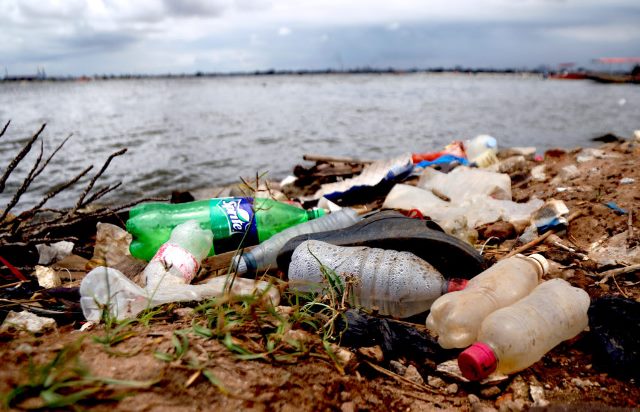Pakistan is grappling with an escalating plastic waste crisis that poses significant environmental, economic, and social challenges. As the International Day of Zero Waste approaches on March 30, it is imperative to acknowledge the severity of plastic pollution and the urgent need for comprehensive solutions.
Global Context and Pakistan’s Position:
Globally, plastic consumption has surged, quadrupling over the past three decades, while recycling rates remain alarmingly low at approximately 9%. In Pakistan, this figure is likely even lower, leading to plastic waste accumulating in landfills, clogging waterways, polluting urban areas, and infiltrating the food chain as microplastics. Unlike developed nations with more robust waste management systems, Pakistan faces the dual challenge of excessive plastic consumption coupled with inadequate waste disposal infrastructure.
Lessons from International Efforts:
Countries like Canada have implemented various strategies to combat plastic waste, offering valuable insights for Pakistan:
- Regulatory Measures: Cities such as Montreal and Banff have successfully banned single-use plastics, including cups, cutlery, straws, and polystyrene containers, achieving notable compliance rates. Conversely, cities like Vancouver and Calgary experienced setbacks due to public resistance, highlighting the necessity of cultural readiness and economic incentives alongside regulatory actions.
- Behavioral Interventions: Banff’s “ask-first” policy requires restaurants to provide items like straws and cutlery only upon customer request, effectively reducing unnecessary plastic use. Implementing similar models in Pakistan could decrease plastic consumption by altering default behaviors in food service establishments.
Pakistan’s Current Initiatives and Challenges:
Pakistan has initiated steps such as banning plastic bags in major cities; however, enforcement remains inconsistent. To advance towards zero waste, a holistic approach is necessary—one that not only prohibits certain plastics but also fosters an environment where sustainable choices become the norm. This includes raising public awareness about the hazards of plastic pollution and incentivizing businesses and consumers to adopt eco-friendly practices.
Proposed Strategies for Sustainable Change:
- Public Awareness Campaigns: Educate citizens on the environmental and health impacts of plastic waste, encouraging behavioral shifts towards sustainability.
- Economic Incentives: Provide benefits for businesses that adopt eco-friendly practices and for consumers who choose sustainable alternatives.
- Innovative Waste Management: Implement refillable container programs and bottle return schemes in urban centers to promote recycling and reduce single-use plastics.
- Policy Reforms: Enforce existing bans more effectively and introduce new regulations that support sustainable practices, ensuring they are culturally and economically viable.
Conclusion:
Addressing Pakistan’s plastic waste emergency requires a multifaceted strategy that combines policy reforms, public engagement, and innovative waste management solutions. By learning from international experiences and tailoring approaches to local contexts, Pakistan can work towards mitigating plastic pollution and fostering a sustainable future



Comments (0)
No comments yet. Be the first to comment!
Leave a Comment